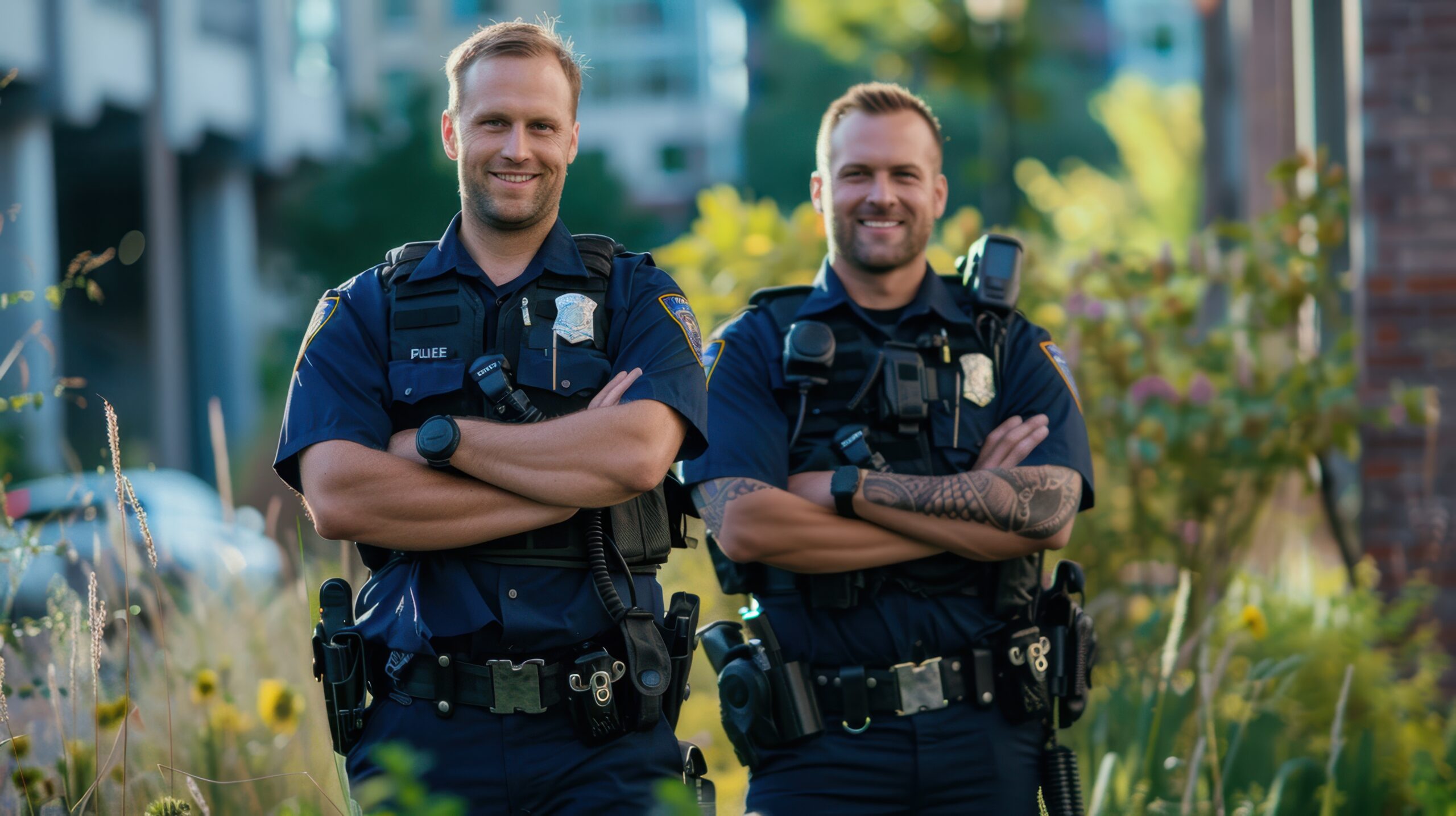In today’s society, one of the most important challenges facing law enforcement is building and maintaining trust with the communities they serve. Historically, tensions have existed between law enforcement and certain communities, particularly those that are marginalized or underrepresented. This mistrust can hinder the effectiveness of policing and lead to further social unrest. As someone who has worked in both law enforcement and civil rights compliance, I’ve seen firsthand the critical role that trust and cooperation play in creating a safer and more inclusive environment. Training in civil rights and equity can bridge the gaps, prevent misunderstandings, and promote community safety, ultimately ensuring that both law enforcement officers and the public thrive.
The Importance of Trust in Law Enforcement
Trust is the foundation of any successful relationship, and the relationship between law enforcement and the public is no exception. When the public trusts their officers, they are more likely to report crimes, cooperate with investigations, and participate in community safety initiatives. However, this trust can be easily broken, particularly in communities where historical injustices have left deep scars. For many communities of color, interactions with law enforcement have been fraught with tension and mistrust, due to past incidents of discrimination, bias, and brutality.
As law enforcement professionals, we must recognize the impact of these historical events on public perception. By acknowledging the past and taking proactive steps to rebuild trust, law enforcement can work toward stronger, more positive relationships with the communities they serve.
The Role of Civil Rights and Equity Training
One of the most effective ways to bridge the gap between law enforcement and the community is through comprehensive training in civil rights and equity. This type of training is not just about understanding legal obligations—it’s about fostering empathy, recognizing biases, and learning to engage with people from all backgrounds in a respectful and inclusive manner.
Civil rights and equity training can help officers recognize the unique challenges faced by certain communities, particularly those who have been historically marginalized. By understanding these challenges, law enforcement can adjust their approach to be more compassionate and fair. This is not just a matter of improving interactions between police officers and the public; it’s about cultivating a mindset that values every individual’s rights and dignity.
Furthermore, officers who are trained in civil rights and equity are better equipped to handle situations where bias may arise, whether it’s racial profiling, gender discrimination, or other forms of prejudice. This training gives officers the tools to identify and confront their own biases, leading to more fair and just decision-making. When officers understand how bias works and how it can impact their actions, they are less likely to act on impulse or misunderstanding. This creates an environment where both officers and community members can engage in positive, constructive interactions.
The Impact of Building Community Relationships
Creating stronger relationships between law enforcement and the community isn’t just about improving interactions on the streets; it’s also about fostering collaboration and mutual respect. When law enforcement is actively involved in the community—whether through neighborhood watch programs, outreach events, or town hall meetings—trust begins to develop. These efforts signal to the community that officers care about the people they serve and are willing to invest time and effort into understanding their concerns.
Community involvement also allows officers to hear directly from residents about their experiences and frustrations. This dialogue can help dispel misconceptions on both sides, leading to greater understanding. Officers can learn about the unique issues facing different neighborhoods, while community members can hear about the challenges law enforcement faces on a daily basis. The key here is communication—open, honest, and respectful.
Promoting Safety Through Collaboration
The goal of law enforcement is to keep communities safe, but safety doesn’t just mean responding to crimes; it’s also about preventing them. When law enforcement and communities work together to build trust and address concerns proactively, they create an environment where crime is less likely to thrive. A collaborative approach to public safety, in which residents feel empowered to take part, leads to greater community involvement in preventing crime and fostering a sense of security.
Moreover, when officers have the trust and support of the community, they are better able to gather valuable information that can help solve crimes and prevent future incidents. Communities that feel safe and respected are more likely to cooperate with law enforcement, offering tips, reporting suspicious activities, and helping solve cases. This creates a feedback loop where the more trust and cooperation there is, the safer the community becomes.
Overcoming the Challenges
Despite the many benefits of building strong relationships between law enforcement and communities, the process is not without its challenges. It requires time, patience, and a willingness to confront uncomfortable truths. Law enforcement agencies must be willing to engage in self-reflection and commit to continuous learning. This means embracing accountability, recognizing past mistakes, and actively working to prevent future injustices.
It’s also important to recognize that community members may still harbor feelings of distrust, even after efforts to rebuild relationships. This is understandable, as trust takes time to restore. The key is to remain consistent in efforts and demonstrate through actions, not just words, that law enforcement is committed to serving all individuals with fairness and respect.
Moving Forward Together
In the end, building stronger relationships between law enforcement and communities is not just a matter of improving public safety—it’s about creating a more just, equitable society for all. Through civil rights and equity training, proactive community engagement, and a commitment to trust and understanding, we can work toward a future where law enforcement and the communities they serve are partners in creating safer, more inclusive environments.
As we continue to navigate the challenges of the modern world, it’s important to remember that true change comes from cooperation, understanding, and mutual respect. When we prioritize these values, we empower communities, enhance public safety, and pave the way for a better, more equitable society for all.
